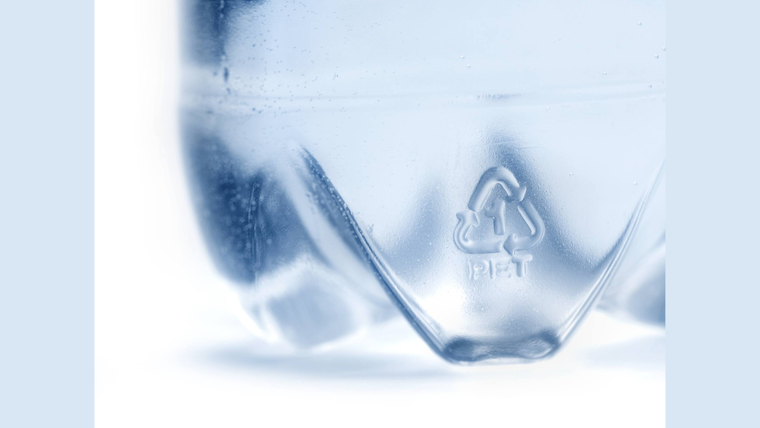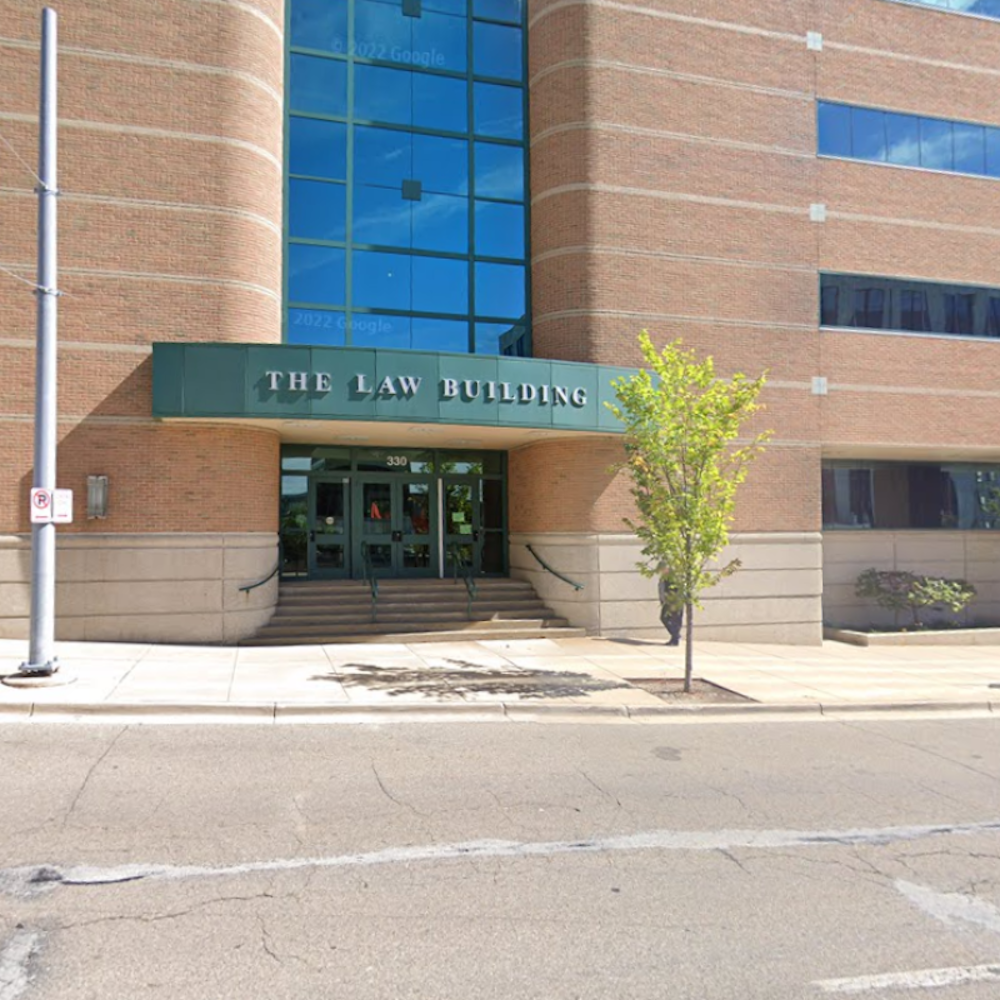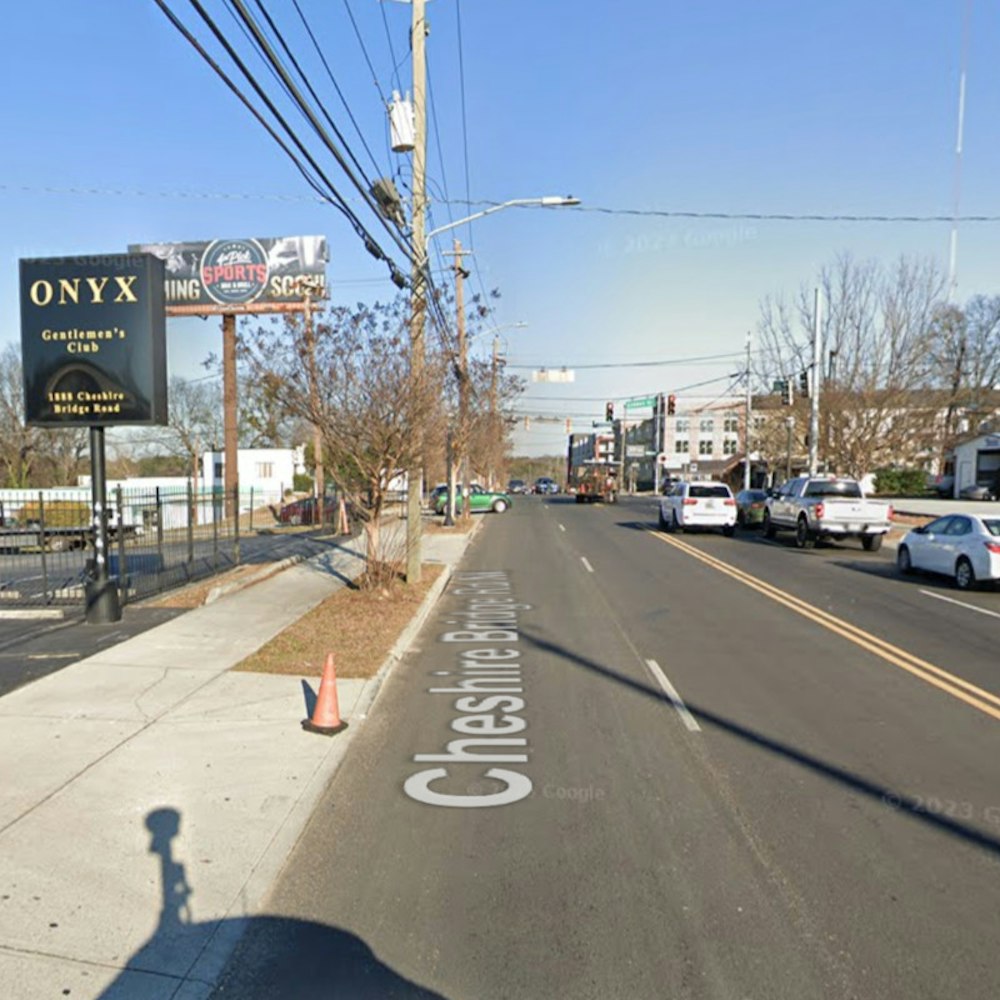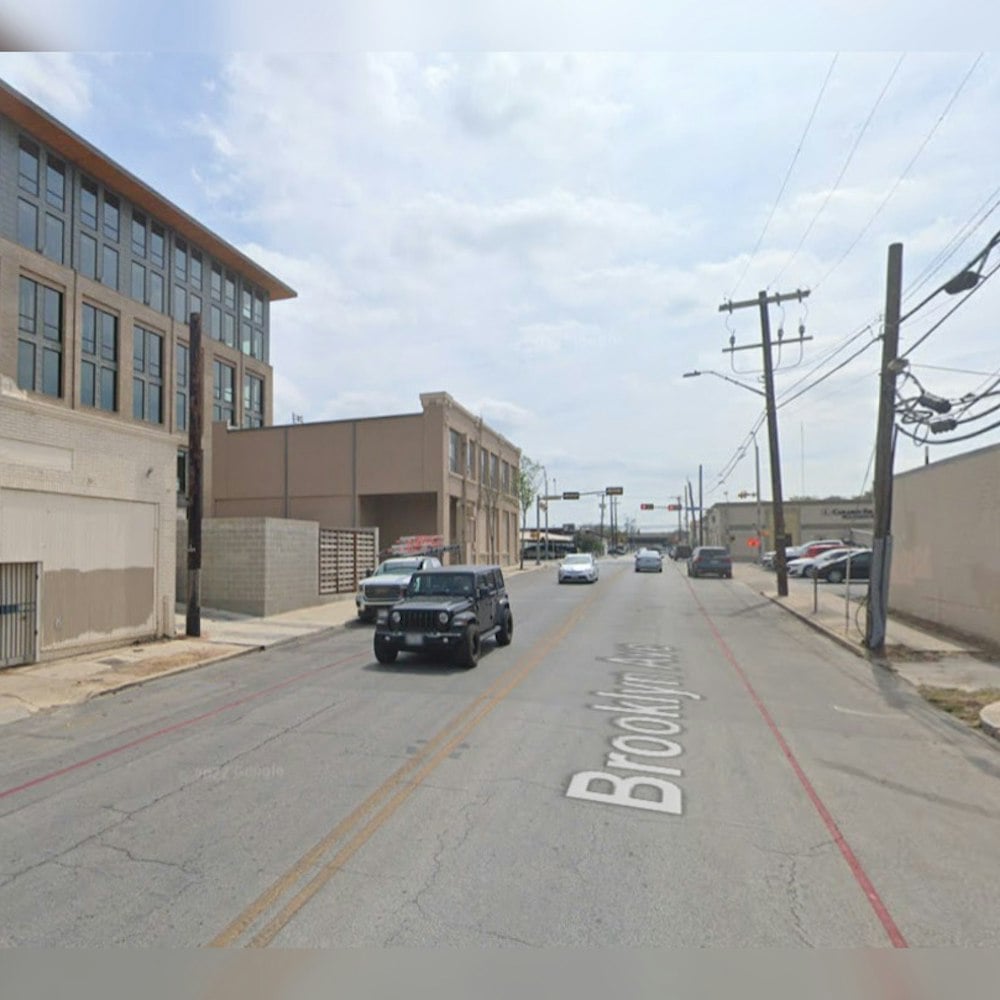
The latest research might pour cold water on the environmental benefits of banning plastic bottles. The National Association for PET Container Resources (NAPCOR) recently released a Life Cycle Analysis (LCA) suggesting that when it comes to going green, San Francisco Airport (SFO) may have missed the mark when it ditched plastic bottles.
Implemented in August 2019, the SFO ban on plastic water bottle sales was intended to reduce environmental damage. However, NAPCOR's numbers indicate that by replacing 9,000 daily sold water bottles with aluminum cans, the greenhouse gas emissions jumped, hitting our planet with an estimated extra 1,100 metric tons of CO2 equivalent emissions. That's akin to the emissions from driving a gas-guzzling vehicle 2.8 million miles or the annual electricity usage of over 200 American homes.
"There's a common and dangerous misconception regarding the impact of plastics versus other packaging materials," Laura Stewart, NAPCOR’s Executive Director, was quoted in the organization's press release. According to their study, PET – polyethylene terephthalate – stands out as a more sustainable choice compared to alternatives like aluminum and glass when it comes to bottling beverages in the U.S.
A PET bottle, which can be 100 percent recycled and is able to be made with 100 percent recycled content, has a significantly lower environmental toll. Their LCA found that a PET bottle consumes less energy in their production than an aluminum can, creates 80% less solid waste, and while using PET bottles instead of glass, contributes to less smog and acid rain emissions by a hefty margin.
NAPCOR's revelation follows suit after a study covered by The Wall Street Journal regarding New Jersey's plastic bag ban, which ended up tripling the plastic usage in the state. Stewart argued that instead of bans, facilities like SFO should be focusing on strengthening their recycling processes, stating that "If large venues like the San Francisco Airport that already have a recycling infrastructure in place want to have a positive impact on the environment, they should be investing in, and advocating for, the proper recycling of PET plastic bottles instead of banning them."
Education is also a crucial component. NAPCOR and its members are working hard to enlighten the public about the environmental perks of PET and are pushing for legislative measures that foster recycling efforts. Understanding the environmental trade-offs linked with different packaging materials is essential for consumers to make informed decisions – at least that's what NAPCOR’s recent outreach attempts to impart.









